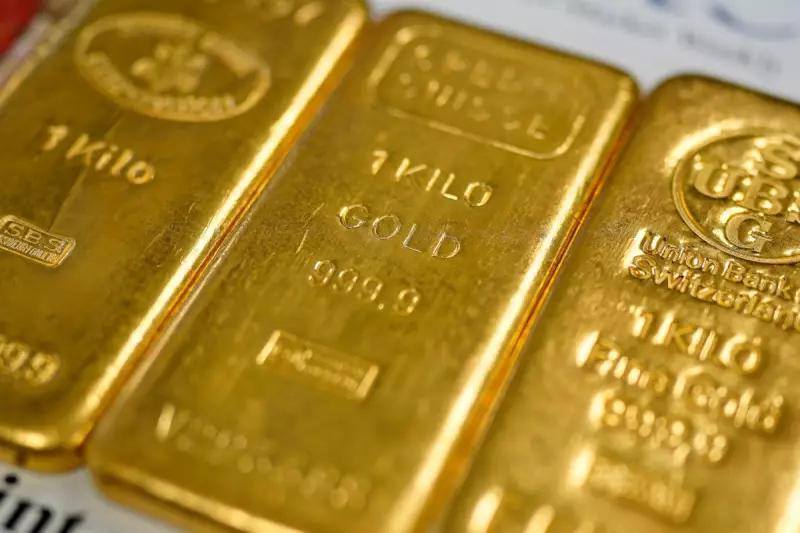
As former US President Donald Trump floats the idea of imposing sweeping tariffs on Chinese imports, financial analysts are closely watching how gold and Bitcoin might respond. The potential policy shift could have far-reaching implications for global markets, inflation, and the strategies of central banks like the US Federal Reserve.
The Gold Standard in Uncertain Times
Gold has long been considered a safe-haven asset during periods of economic uncertainty. With Trump’s proposed tariffs threatening to disrupt trade flows, investors may flock to the precious metal as a hedge against market volatility. Historically, gold has performed well during trade wars, and this scenario could be no different.
Bitcoin’s Wild Card Role
Meanwhile, Bitcoin—often dubbed 'digital gold'—could see heightened interest as an alternative store of value. Unlike gold, Bitcoin’s price is notoriously volatile, but its decentralised nature appeals to those wary of government policies impacting traditional assets. Some analysts suggest that Bitcoin might benefit from a 'flight to safety' if tariffs spark inflation fears.
Federal Reserve’s Tightrope Walk
The US Federal Reserve faces a delicate balancing act. If tariffs drive up consumer prices, the central bank may be forced to reconsider its interest rate strategy. Higher inflation could delay rate cuts, further complicating the economic outlook. Investors will be watching Fed Chair Jerome Powell’s next moves closely.
What This Means for Investors
- Gold: Likely to gain as a traditional safe-haven asset.
- Bitcoin: Could attract speculative interest but remains high-risk.
- Stocks: Trade-sensitive sectors may face headwinds.
- Bonds: Yield curves could steepen if inflation expectations rise.
As the political and economic landscape evolves, one thing is clear: markets hate uncertainty. Whether gold, Bitcoin, or another asset class emerges as the ultimate winner remains to be seen.





